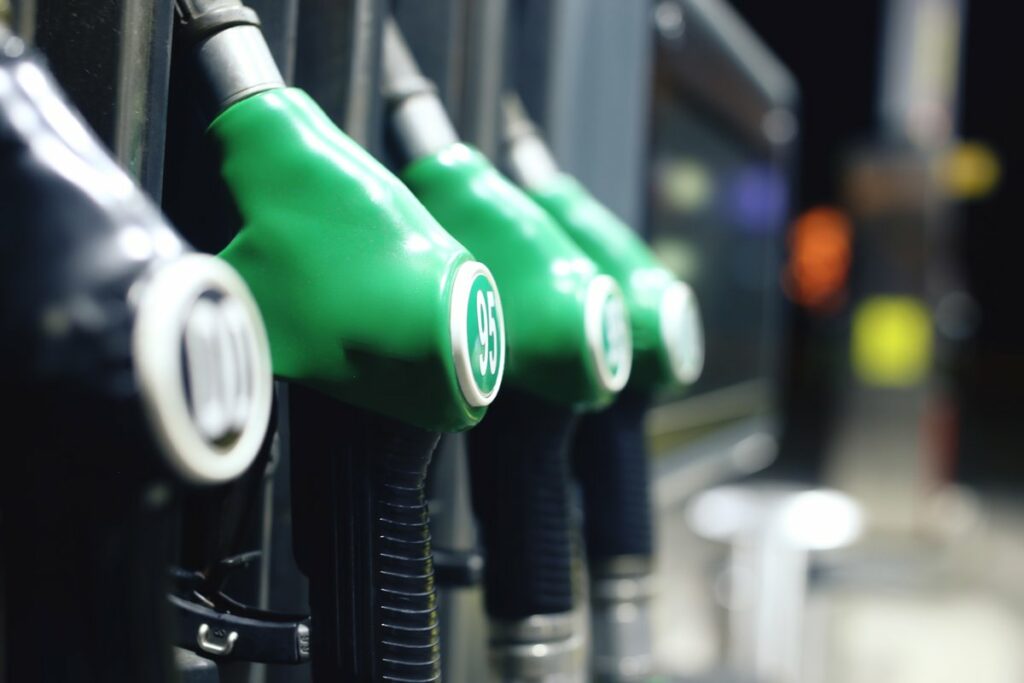With declining tax revenues from fossil-powered cars with no obvious substitute threatening to blow a hole in the balance sheets of industrialized economies rushing to decarbonize, a note from S&P Global finds that action on a new tax deal for a low-carbon future is urgently needed.
The UK’s Office for Budget Responsibility (OBR) highlighted the scale of the problem in its latest Fiscal Risk and Sustainability report, published earlier this month.
The OBR, which acts as a watchdog on the UK government’s economic management, predicts that the loss of emissions-related tax revenue could be equivalent to £39 billion ($47 billion) annually. The loss of fuel and vehicle taxes, as more consumers switch to electric vehicles, would account for more than 90% of this potentially lost revenue.
The UK government claims it will offset this lost revenue with new levies, including carbon taxes and pricing, or higher taxation for motorists, but the OBR continues to warn that public debt could rise to a staggering 267% of GDP in 50 years if these revenues are not successfully replaced.
S&P Global notes that introducing new taxes or withdrawing electric vehicle subsidies too soon slows the energy transition, but acting too slowly would create a mountain of public debt that would rise in line with OBR forecasts.
You may also be interested in > Wood Mackenzie: Recycling can ease the supply of raw materials for electric vehicles
High stakes
The UK says it will ban the sale of new internal combustion engine vehicles from 2030, while in Brussels, the European Union plans to impose a similar ban on its member states five years later, but details on the fiscal impact on the economic bloc’s balance sheets are vague.
S&P Global notes that nearly 40% of all energy consumption in the UK, the world’s sixth-largest economy, is met by oil and petroleum products. Nearly three-quarters of these liquid products are transport fuels, according to official figures.
However, instead of increasing taxes on fossil fuels, the impact of sanctions on Russia and the fact that oil prices are trading above $100 per barrel have forced the main consuming countries to act in the opposite direction, subsidizing the cost of transport or reducing taxes on fuel sales.
In addition, the consultant points to inflation, and a shortage of available refining capacity, coupled with low inventories have caused cracks in petroleum products to reach new highs, so that rising pump prices have made it politically impossible for governments to raise punitive taxes on emissions.
At the other extreme, runaway sales of electric vehicles have also increased the urgency for governments to consolidate fiscal plans for the future of low-emission passenger transport. According to Platts Analytics, global plug-in EV sales were up 61% year-on-year in April and monthly sales are about eight times higher than the same period in 2017.
Some data
In 2019, the World Bank estimated globally that fuels were undervalued by $5.2 trillion, equivalent to 6.5% of total GDP. Motor fuels, the bank said, accounted for 40% of all these post-tax subsidies, the same amount indicating that fuels were undervalued.
According to the World Bank‘s calculations, eliminating these subsidies and raising taxes on fossil fuels would likely be enough to cover the cost of decarbonizing large sectors of the global economy, but governments remain hesitant to act.
S&P Global concludes, “Until they do, taxation will remain the biggest issue in the energy transition.”
To read the OBR report, click here.




